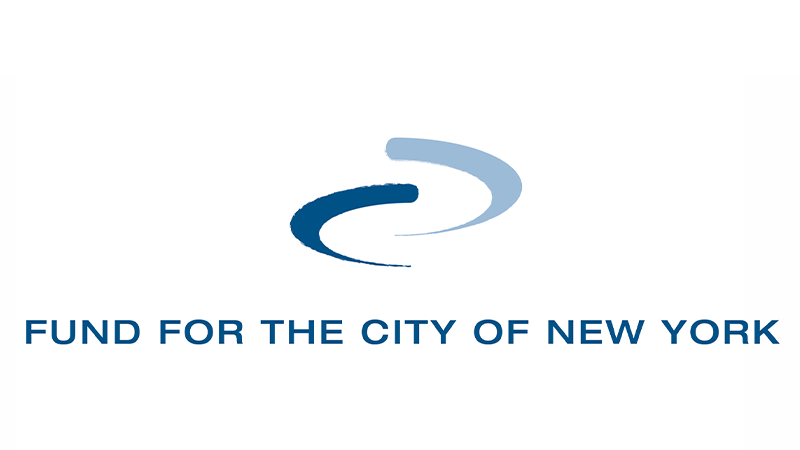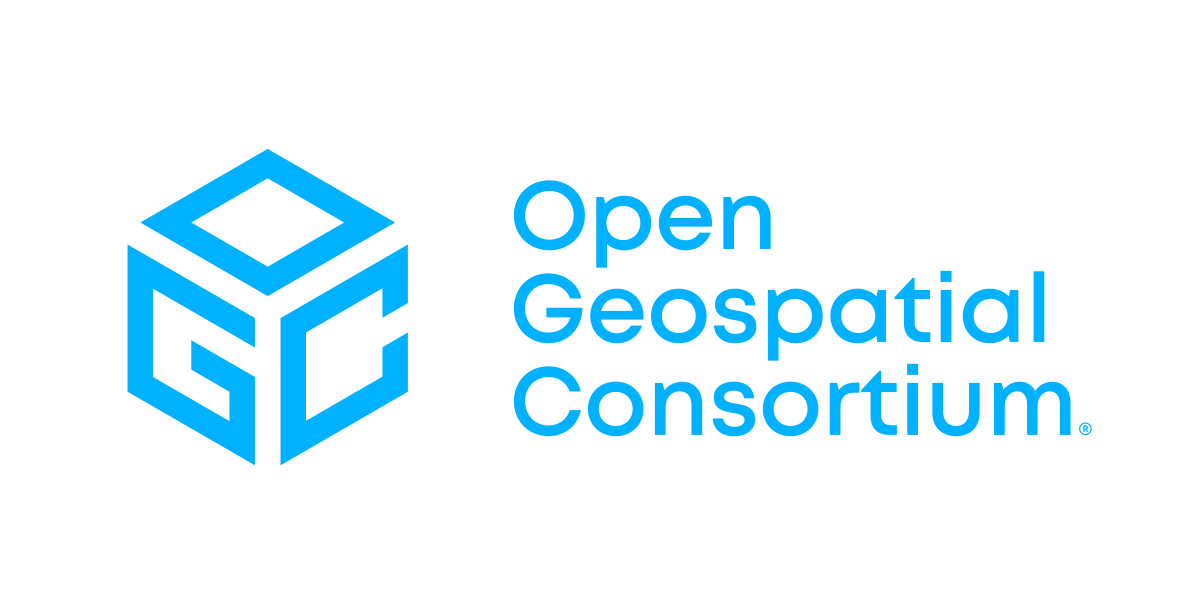
Geography 2050 is a multi-year, strategic dialog about the vital trends that will reshape the geography of our planet in the coming decades.
We've Been Canning! 🫙
〰️
Check the Cellar for Symposium Videos!
〰️
We've Been Canning! 🫙 〰️ Check the Cellar for Symposium Videos! 〰️
November 17 & 18, 2022
in Partnership with
Keep feeding your mind!
Our Media Sponsors at Routledge offer a broad array of books on the intersection of Geography and Food. Click Here to view their collection and find some brain food.

Have a nibble on some appetizers!



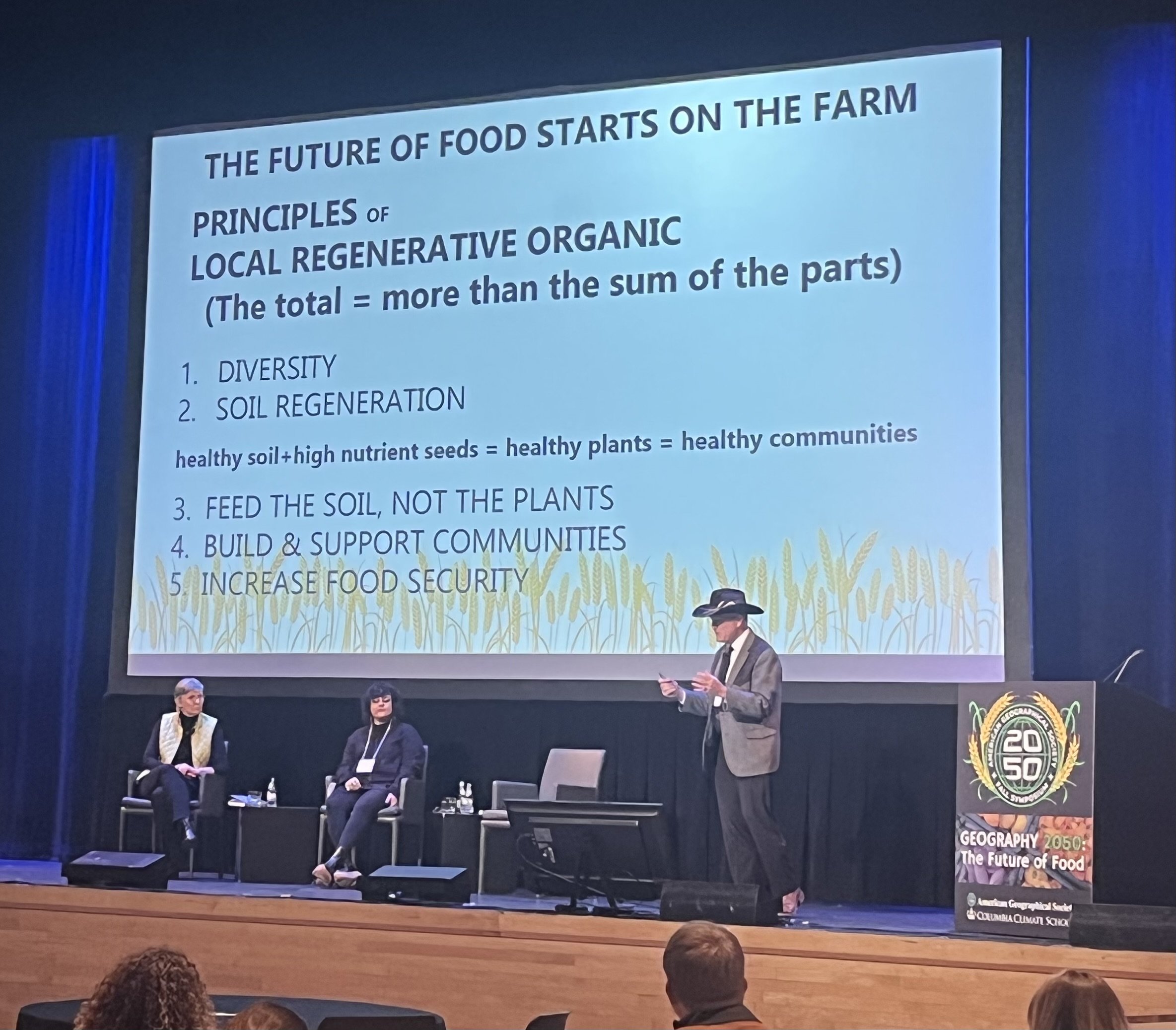

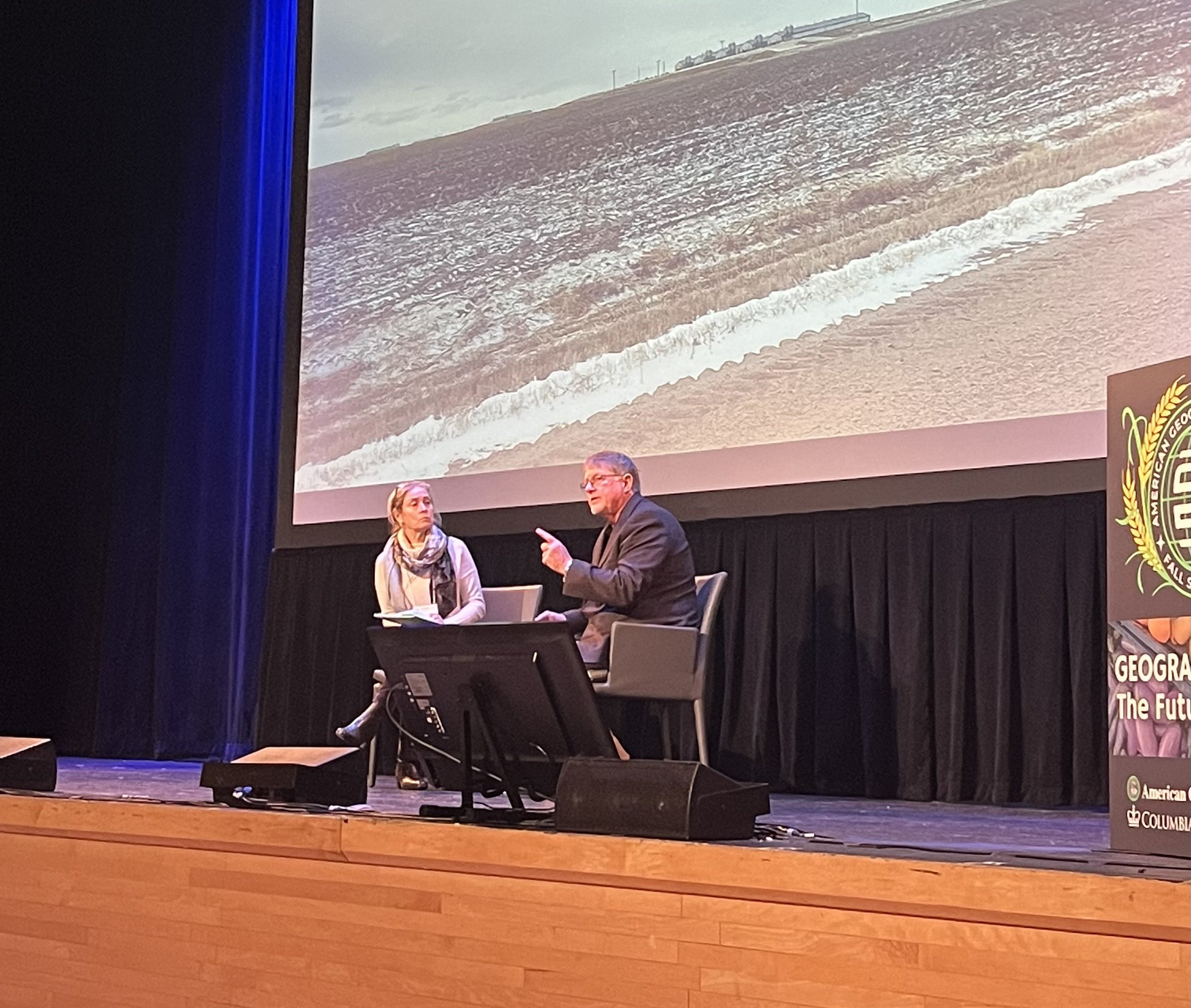


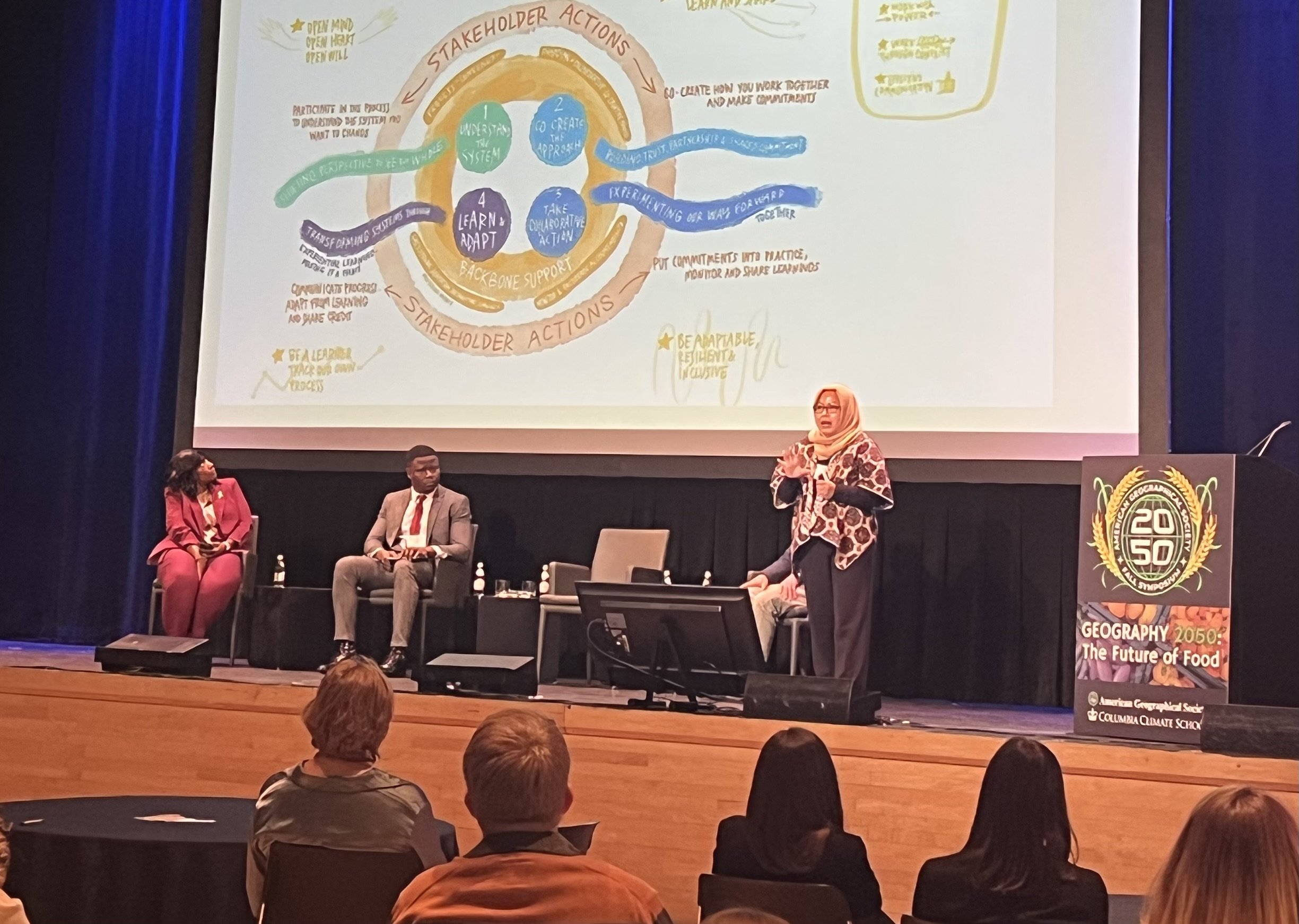



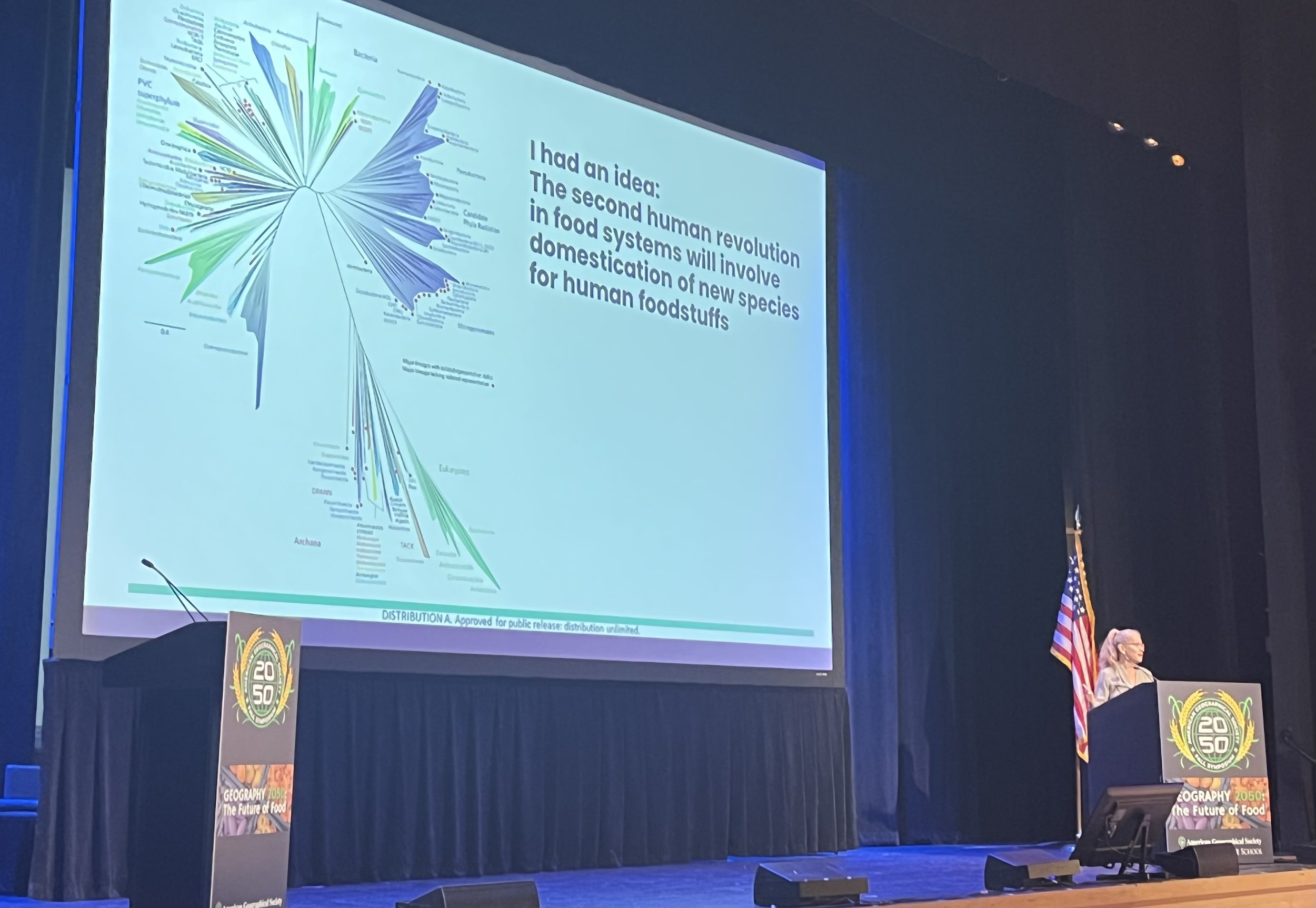




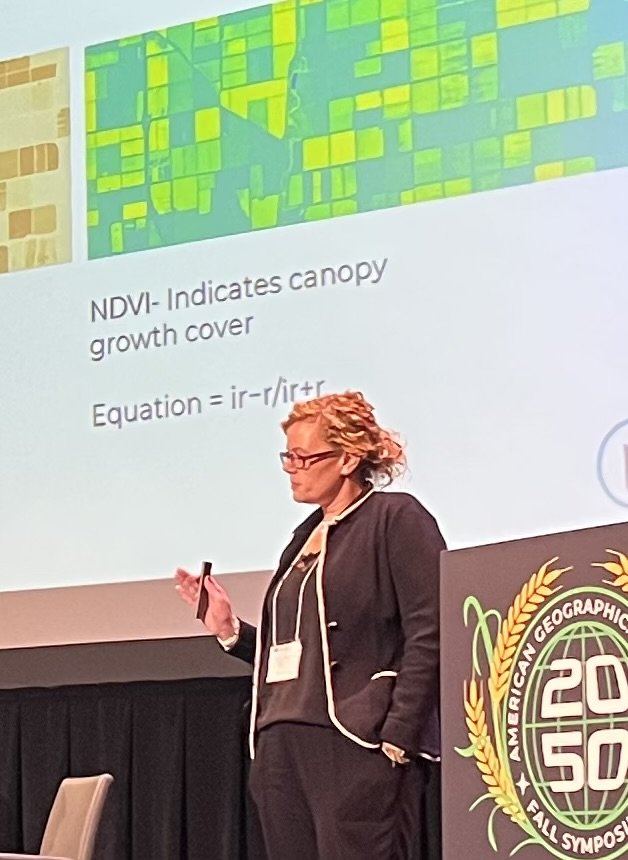





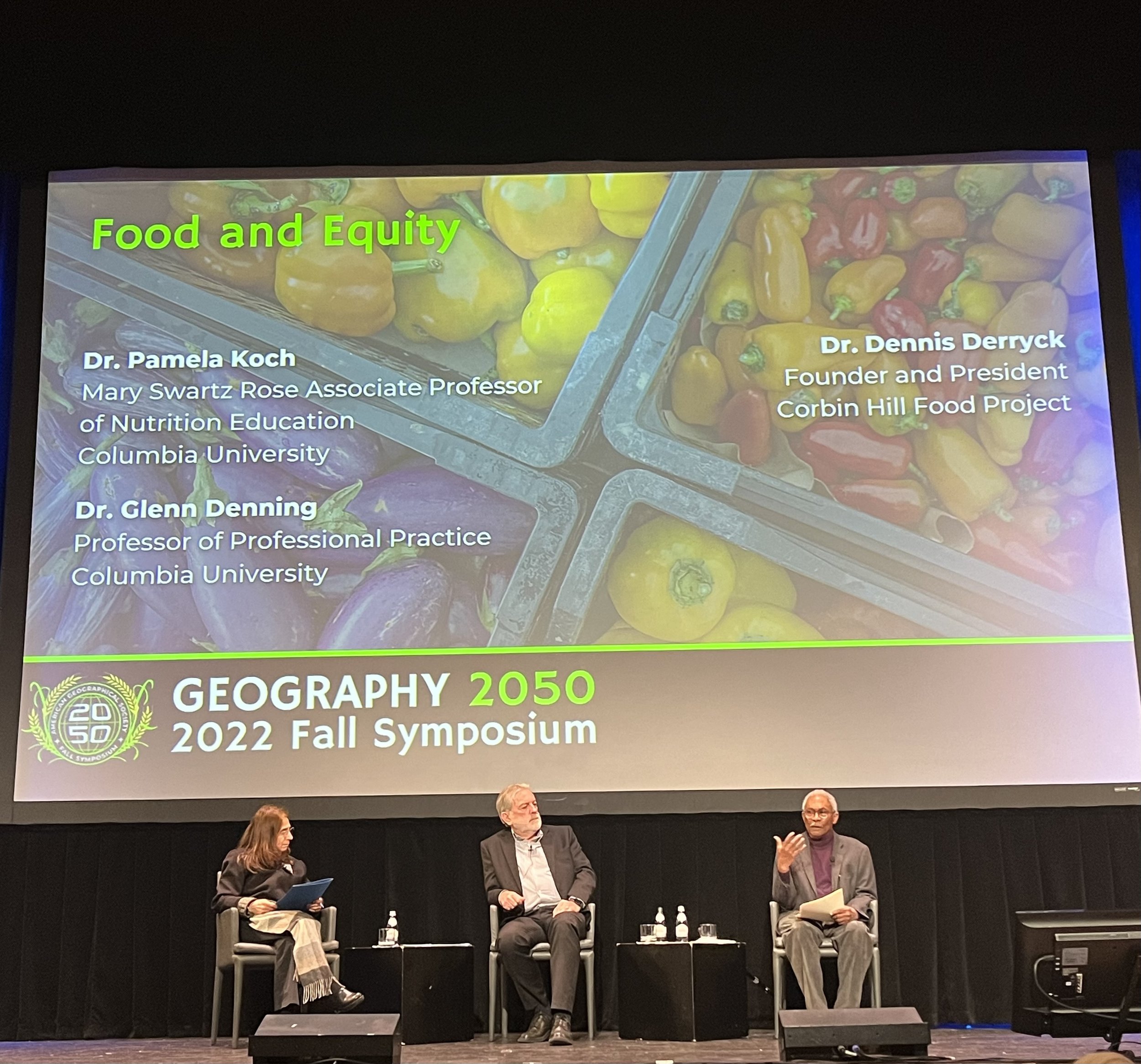
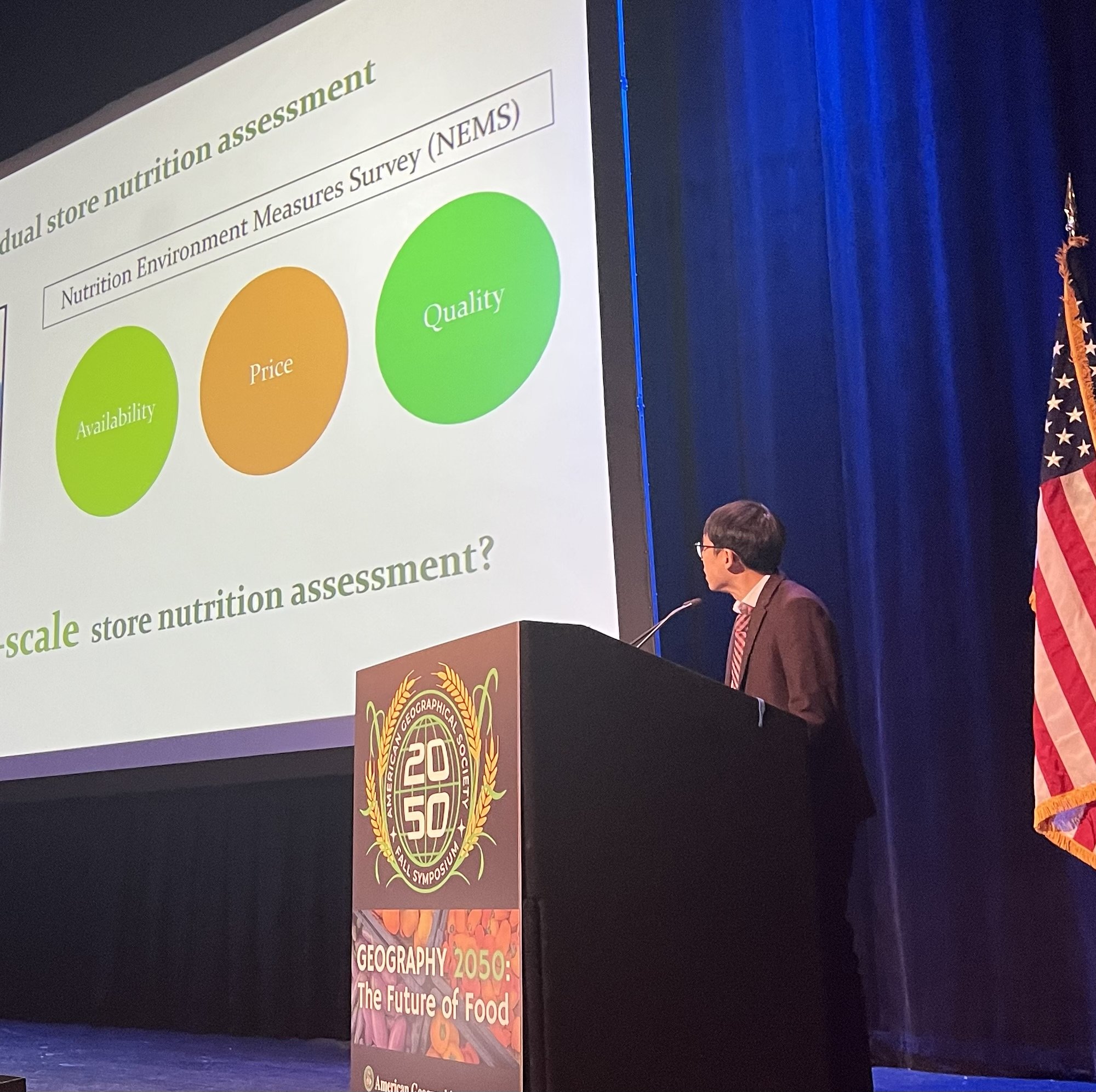



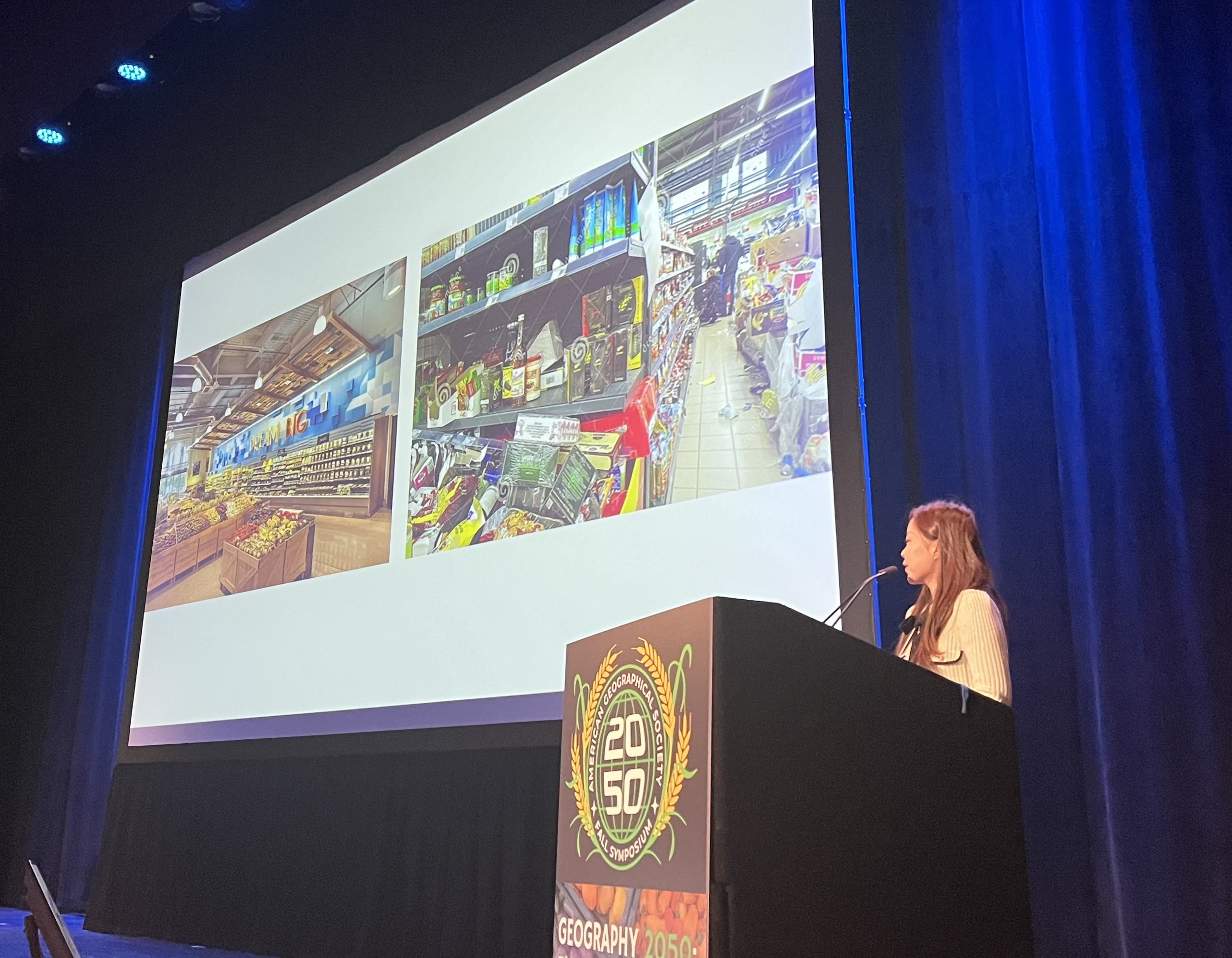

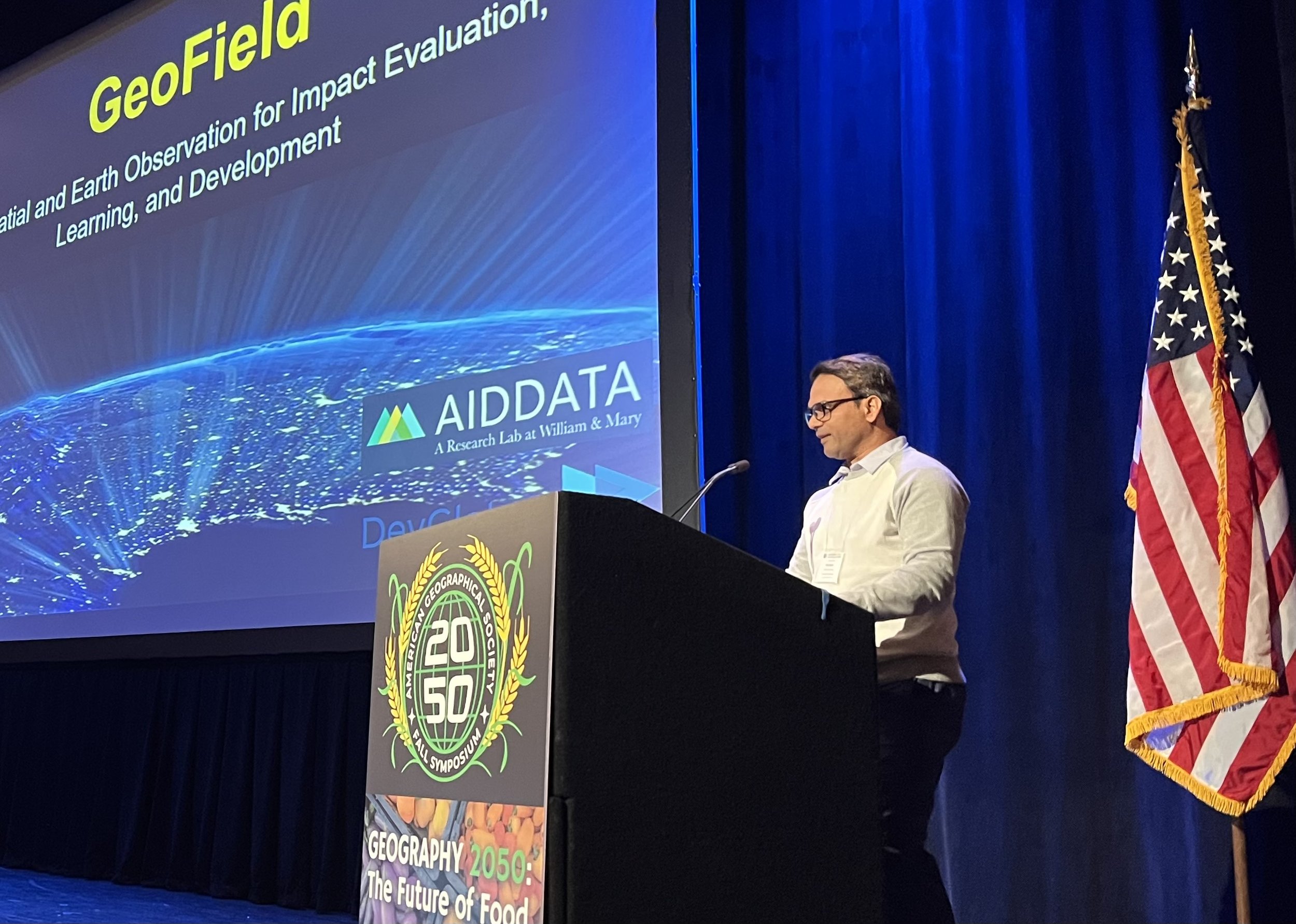


Without food, there is no life. As our planet and its climate change, and the needs of humanity evolve, where we get our sustenance from matters now more than ever. From our consumption patterns, to the nature of our supply chains, to the geographic patterns of our food production, we must understand the dependencies that we have today, and what the future of food will look like if humanity is to be sustained into the future, without destroying our planet. Of course, all the while, we are projected to add approximately 80 million mouths to the planet each year, the equivalent of an additional Germany, for the foreseeable future.
Agricultural technology and food sciences have been through several revolutions over the past three centuries - expanding to utilize nearly all of our planet’s arable land, with more sophisticated technologies, and ever fewer human laborers. While one might imagine that this would lead to ever stronger food security, ever expanding human populations in some of the world’s least hospitable agricultural areas have left us with an increasingly insecure food landscape, with climate change exacerbating this in a multitude of ways. Many of the miracles of modern agriculture have further weakened many peoples’ control over their food destinies as the industrialization of agriculture has undermined food sovereignty around the globe. It may be that new foods, such as meatless meats, new technologies such as vertical farms, and new supply chain strategies that reduce food waste could help answer some of these challenges. Or, it may be that their implementation merely creates more of the dependency and inequality that has been endemic to humanity’s food chain for centuries.
The future of food on planet Earth is fundamental to the vital trends that will reshape the geography of our planet over the coming decades. The choices that we make as individuals, as localities, as nations, and as a global society could lead to a more sustainable food future for all of us, while allowing our planet’s ecosystems to rebound and rewild. Different choices could drive our planet and its many species - including Homo sapiens - to the brink of extinction. It is already clear that existing inequalities leave certain geographies poised to suffer the greatest, if bold, sustainable strategies are not undertaken soon. And, that wealthy, developed geographies have alternatives available to them that the rest of the world could very well be excluded from.
In this year’s ninth installment of the Geography2050 multi-year strategic dialog, we will explore these topics and more, as we convene experts from government, industry, academe, the social sector, and geography educators from across the country to contribute their insights on our collective future.

Symposium Themes
Meet the Symposium Committee
Dr. Bob Chen
Dr. John Konarski
Ms. Kate Heller O’Reilly
Dr. Deborah Popper
Dr. Marie Price
Dr. Christopher Tucker
Dr. Antoinette WinklerPrins
Mr. Dean Wise






















